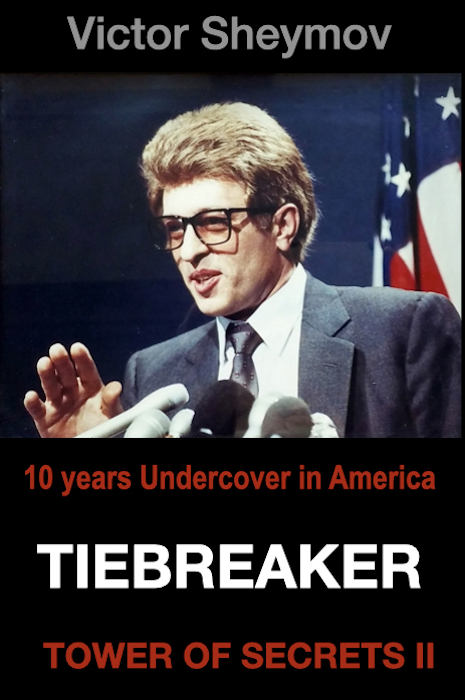With the pleasant long weekend over, now is a good time to check up on recent cyber history. It’s a common Government practice to release potential “hot potatoes” just before a holiday in the hope that they will pass generally unnoticed. So it’s useful to review the pre-holiday week’s releases right after the holiday. There is something there that caught my eye that I would like to address.
Interesting questions were raised by the following article, oddly published by an Australian publication on May 22: http://www.gizmodo.com.au/2014/05/hackers-broke-into-a-public-utility-control-room-by-guessing-a-password (“Hackers Broke Into A Public Utility Control Room By Guessing A Password.”) In short, the story is commenting on the DHS announcement of the discovery and fixing of a hackers’ break-in into an unspecified public utility’s controls. This raises at least two questions.The first question is why the announcement was made at all. Everybody who is anybody in cybersecurity knows that within the US-Russia-China triangle practically all internet-connected utilities have been penetrated for decades. Malware representing electronic bombs have been mutually installed by these countries and have gone through several generations of upgrades; they are ready to use, and extremely difficult to detect. Obviously, the most vulnerable side of the triangle is the US, since it has the most advanced and most connected network of utilities. The existing status quo in the triangle is somewhat similar to the famous MAD – Mutually Assure Destruction– of the Cold War, and the situation is pretty stable. So, if it’s not news, why announce it? This question can probably be answered by the second question.
The second question is: what has been left unsaid in the announcement? This is probably the key to the whole thing. The announcement mentioned “hackers,” with no hints as to their identity. But the interesting detail is that the attack was performed by a very unsophisticated “brute force” approach, which any hacker with a modern computer can do that easily. So, the only plausible explanation for the whole announcement is to tacitly acknowledge that some rogue hackers were able to penetrate a public utility, and to suggest that more such attacks may be coming. Obviously, rogue hackers of many denominations do not have the mutual restraints of the US-Russia-China triangle, and without such restraints they can do real damage.
Overall, it looks like the DHS is laying down the proposition that when some real damage is done, they can say that now anybody can take control of our utilities, as we warned you.



